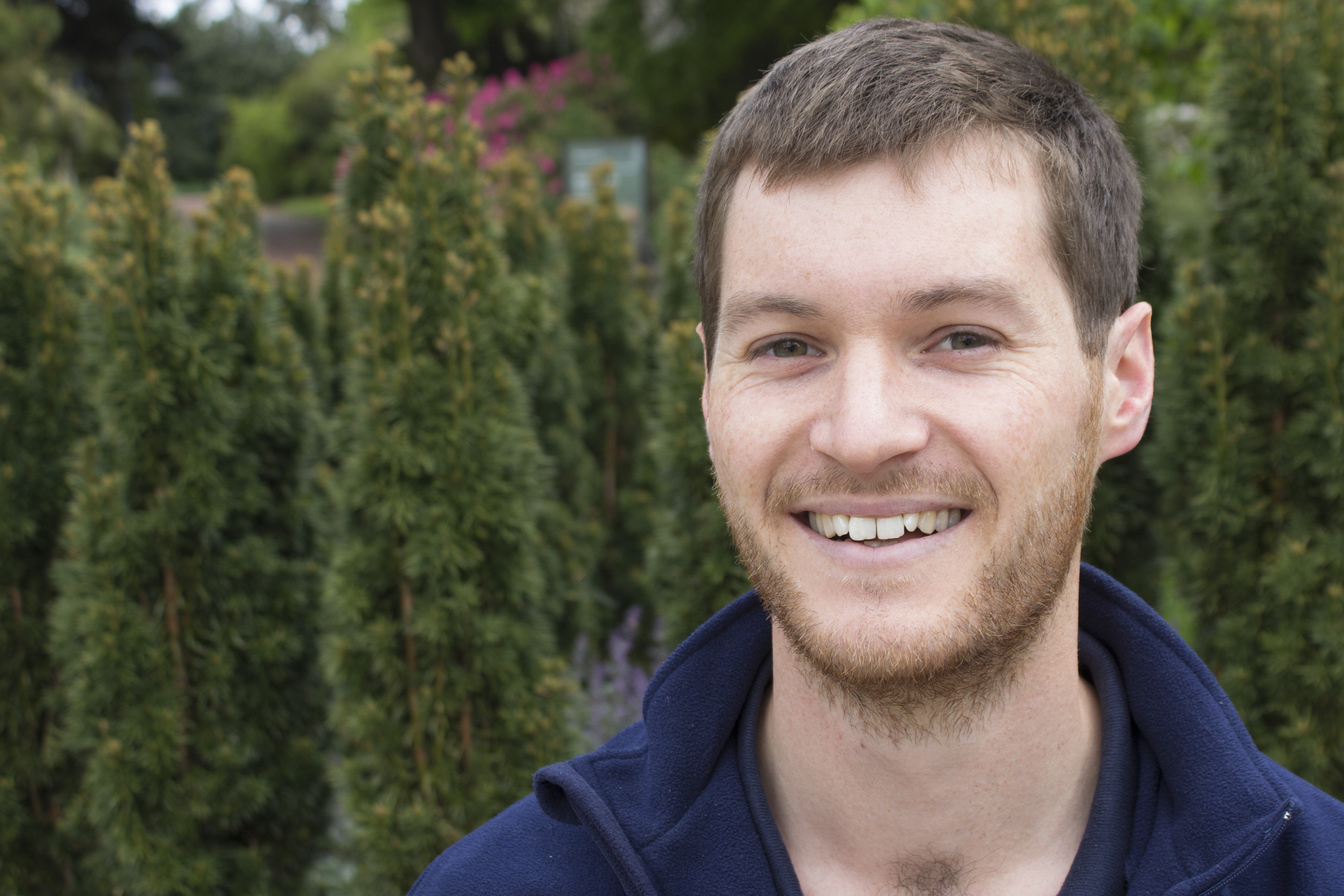S-lab annual conference in Leeds

Andrew Arnott reports on the Annual S-lab conference that took place in Leeds in September 2015.
The afternoon of 15th September was slightly busier than normal at Waverley station as I and a number of my colleagues from across the University of Edinburgh began our pilgrimage down to the S-Lab conference in Leeds. S-Lab is an international organisation which promotes ‘safe, successful and sustainable’ lab practices. It has helped to develop guidelines and draw together findings from interesting and inspiring projects around the world which investigate ways in which laboratories can reduce their negative impacts and maximise their positive impacts.
One publication S-Lab have produced which is of particular interest to the University of Edinburgh is the criteria for judging the annual S-Lab awards. This criteria document forms the basis of the labs section of University of Edinburgh’s own Edinburgh Sustainability Awards. The S-Lab conference spans two days, with an evening meal reception in which the winners are announced for the international S-Labs awards. Between the courses of a delicious meal with lots of local ingredients (and not so local wine!) the runners up and winners of the S-Lab awards this year were announced. Congratulations are due to all winners and short-listed entries, including the sustainable refurbishment of the Chemical Synthesis Laboratory at Joseph Black Building up at the University of Edinburgh King’s Buildings campus.
The first morning of the conference provided an opportunity to review the latest offerings of lab and building-services equipment on display at the exhibitors’ stands. A huge range of items were there to spark conversations about all aspects of lab sustainability, from how to redesign a rotary evaporator for greater safety and reduced energy consumption, to much larger projects such as a variety of measures to reduce the huge amount of energy used by laboratory ventilation.
After a short while perusing the offerings and catching up with other lab sustainability practitioners we were called through for the keynote session. This included a very interesting presentation from the Facilities Master Planning Program Manager at NASA, Kim Toufectis. In both this session, and another session I saw him give the following day he was an entertaining and engaging speaker who really encouraged the audience to critically evaluate their positions and beliefs in order to better understand and communicate with others in our careers. One particularly memorable quote (among many):
“Facilities are for people. If you’re in the facilities business and you don’t realise you’re in the people business, you’ve missed the point.”
(Kim’s sessions, along with all others from the conference can be accessed here)
After the keynote session the remaining 1.5 days of the conference took the form of 10 sessions happening in parallel. Which provided a great range of opportunities to explore interesting topics, however if you were the only attendee from your institution you may find it frustrating to have to miss out on 9 sessions every time you attended one. The easy access to the presentations afterwards of course helps out in this scenario.
University of Edinburgh was quite well represented across a number of different sessions as we had 10 individuals attending from SRS, the College of Science and Engineering, and the College of Medicine and Veterinary Medicine – more than other institutions from Scotland. The different interests of us all meant that we attended sessions on a wide range of topics, which will help us to move the sustainability agenda forward in our daily working lives. Other institutions from Scotland sent Project Managers and Assistant Directors of Estates, as well as lab managers, sustainability professionals and academics.
The conference was unusual, for me, in that the discussions I had with my fellow delegates in between formal sessions were as useful as the learning in the formal sessions. There was such a great range of experience to draw from in the room. I feel this is a really positive aspect of the event.
Having said that, I also gained a lot from some of the formal sessions, where I learned more in-depth hints and tips on further opportunities for making sustainability improvements within labs.
The conference gave a great opportunity to meet with other lab sustainability practitioners across the UK and learn from our experiences. Subsequent to the conference a S-Labs ‘google group’ has been set up for labs sustainability practitioners which has been an active forum for Q&A between us all now. This sort of simple but effective action compliments the goals of S-Lab in disseminating experiences and best-practice so we (sustainability practitioners) avoid reinventing the wheel and can get on with enacting changes to bring our lab buildings and practices up to the level we all can achieve in world class 21st century labs.





Recent comments